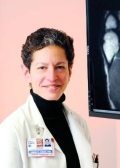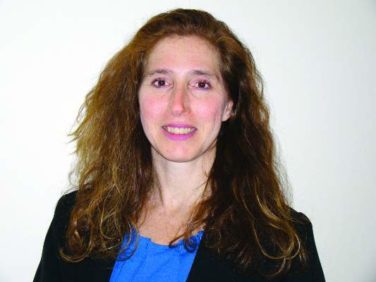Rheumatology saw nearly 97% of its positions filled during the 2016 Specialty Match Day.
The specialty had 217 open slots and ended the Dec. 7 match day with only 7 positions unfilled. There were 312 applicants that selected rheumatology as their primary specialty, with 206 applicants being matched. Six were matched to different specialties and 100 who selected rheumatology as their primary specialty did not get matched to any program.
However, those seven unfilled slots will likely get matched.
“There is something called the ‘scramble’ where any program that has empty slots that they want filled can match with applicants that have not matched,” Anne Bass, MD, chair of the American College of Rheumatology’s Committee on Rheumatology Training and Workforce Issues, said. “Usually most, if not all, of those empty slots end up filling.”
Overall, Dr. Bass, who is the program director of the rheumatology fellowship program at the Hospital for Special Surgery, New York, said the numbers reflect strong interest in rheumatology.
“In 2012, there were 240 applicants to rheumatology and this year there were 312,” she said. “It’s been a linear trend. … The number of programs has actually gone up but it has not kept pace with demand. In 2012, 63 applicants didn’t match at any program, and this year, the number was 100.”
Dr. Bass said this speaks the attractiveness of rheumatology as a field and that there will be a need to create more fellowship slots.
To that end, the Rheumatology Research Foundation , the grant-giving philanthropic arm of ACR that funds research grants and fellowship training awards, is examining that very issue.
“I am leading a working group to try to figure out how to configure this award so that we try to direct them to fellowship programs that can expand or even [create] new fellowship programs,” Dr. Bass said. “The ACR and RRF will continue to fund fellowship programs because many programs have to scramble to fund the salary to support trainees and in particular to try to direct resources that will actually end up creating a new rheumatology fellow where one would not have existed before.”
The group is also looking at ways to encourage programs that have internal funding to increase their capacity if they are able to do so, she added.
Rheumatology was among a number of specialties that were able to fill at least 90% of their open slots, Other areas included allergy/immunology, cardiovascular disease, gastroenterology, hematology and oncology, pulmonary disease and pulmonary/critical care.
On the flip side, nephrology, infectious disease, and geriatric medicine had more positions available than there were applicants who prefer those specialties.
“The results this year mirror prior-year results, with slight improvement in a few specialties but no significant changes,” Mona Singer, president and CEO of the National Resident Match Program, said.
Overall, across all specialties, there were 4,731 slots, with 4,139 positions filled, accounting for about 75% of the 5,512 enrolled applicants.




